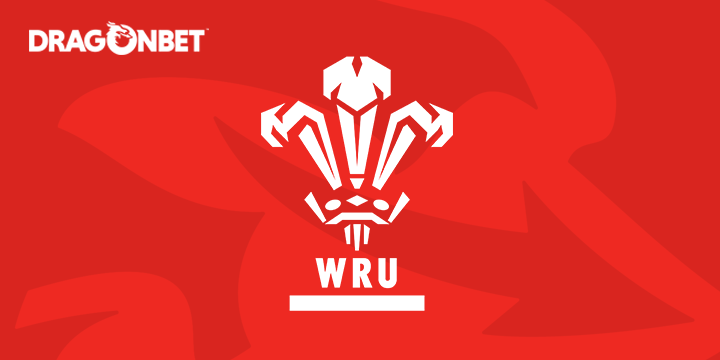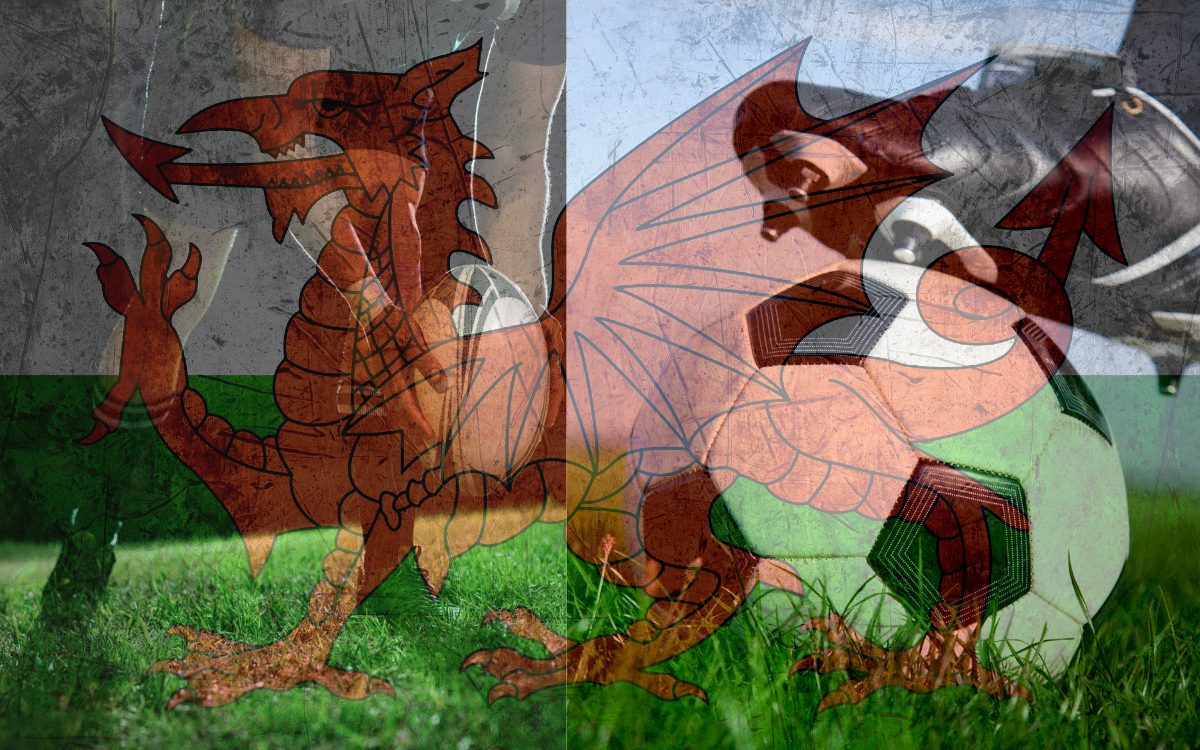By Graham Thomas

European rugby used to arrive with a fanfare that sounded like the brass band section which once accompanied Shenkin the regimental goat on Wales’ international days.
A bit old-fashioned, maybe, but you knew it was going to be worth hanging around to watch the action.
These days, European rugby’s rallying call sounds more like the kind of cheap plastic wind instrument you find in a Christmas cracker.
This is the 30th year of the tournament that once excited rugby fans across Wales and beyond, when it was called the Heineken Cup.
But when it all kicks off again this weekend, there will be little noise and excitement anywhere, and hardly a murmur here in Wales.
That’s partly our own fault, of course, since the four Welsh regions have performed so miserably in the United Rugby Championship that none of them have made it into the main tournament, now called the Investec Champions Cup.
Lots of sports have moved from the BBC to Sky or TNT (formerly BT Sport) in recent years. But it says a lot about the state of European rugby that both the Champions Cup and the Challenge Cup (featuring the Ospreys, the Scarlets, Cardiff and the Dragons) are now to be found on the screens of Premier Sports, rugby’s version of a faith-based TV channel for the hard-core oval ball fundamentalist.
Want to know how bad things have become?
The finals of both tournaments are being held in Cardiff this season, at the Principality Stadium, which should be a feather in the cap for our game and worth making a song and dance about.
Yet when there was a media launch a few weeks ago, none of the Welsh media were invited.
That was not seen as a particularly important audience, a move that backfired a little when the London-based media folk took a similarly dismissive attitude towards the tournaments themselves and mostly failed to show up.
The English Premiership, the Top 14 in France, the URC – this is where the unions, the clubs, the supporters, the sponsors and the broadcasters now feel the action is.
The Champions Cup – once seen to be rugby’s equivalent of football’s Champions League – is now more like the equivalent of the League Cup, or maybe even the EFL Trophy.
It’s there, but no-one really gives it any priority. It’s a furnishing, a pot plant that doesn’t get much watering.
The English clubs find it difficult to win – French teams have won for the past three years – and Exeter, the last English winners in 2020, are more concerned with trying to kick start their domestic season than they are with flying all their stars down to South Africa to face the Sharks in Durban.
Once the top priority for the likes of Exeter, Bath, Saracens and Leicester, Europe is now a distant second to the demands of the Premiership.
Even Leinster – for so long the kings of Europe – seem to have cooled on a tournament that no longer brings in the commercial kudos it once did.
The big French clubs – Toulouse, La Rochelle, Clermont and Stade Francais – will give it a go, but apart from Leinster they are probably the only clubs with the playing resources these days to go after trophies on all fronts.
Both European tournaments have become unloved, marginalised, and poorly promoted.
So, is it any wonder that into this vacuum have come new entrants, speculators that can smell opportunity from failure and have been busy dreaming up a global franchised competition that would sweep up all the best players?
Back on the field, perhaps the Welsh side with the most to gain from a decent run in the Challenge Cup are the Dragons.
Like Exeter, they could do with gaining some confidence from their bread-and-butter URC, but unlike the Chiefs they do not have to start their campaign by flying south.
In fact, the Dragons are at home to Montpellier on Friday night, where Wales flanker Taine Basham will make his 100th appearance for the club.
The game at Rodney Parade will be the second match in charge for Dragons interim head coach Filo Tiatia.
“It’s going to be a special night with a lot of players getting an opportunity and the first chance to play in this competition,” said the former New Zealand No.8.
In the other games in the Challenge Cup featuring the Welsh sides, Cardiff are away in France on Saturday where they visit Lyon, while the Scarlets also head across the Channel to face Bayonne.
On Sunday, the Ospreys welcome South African opposition familiar from URC battles in the shape of the Lions.
Oh, and the format now consists of four pools of six teams, meaning no more epic home and away tussles. But the less said about that the better.
















